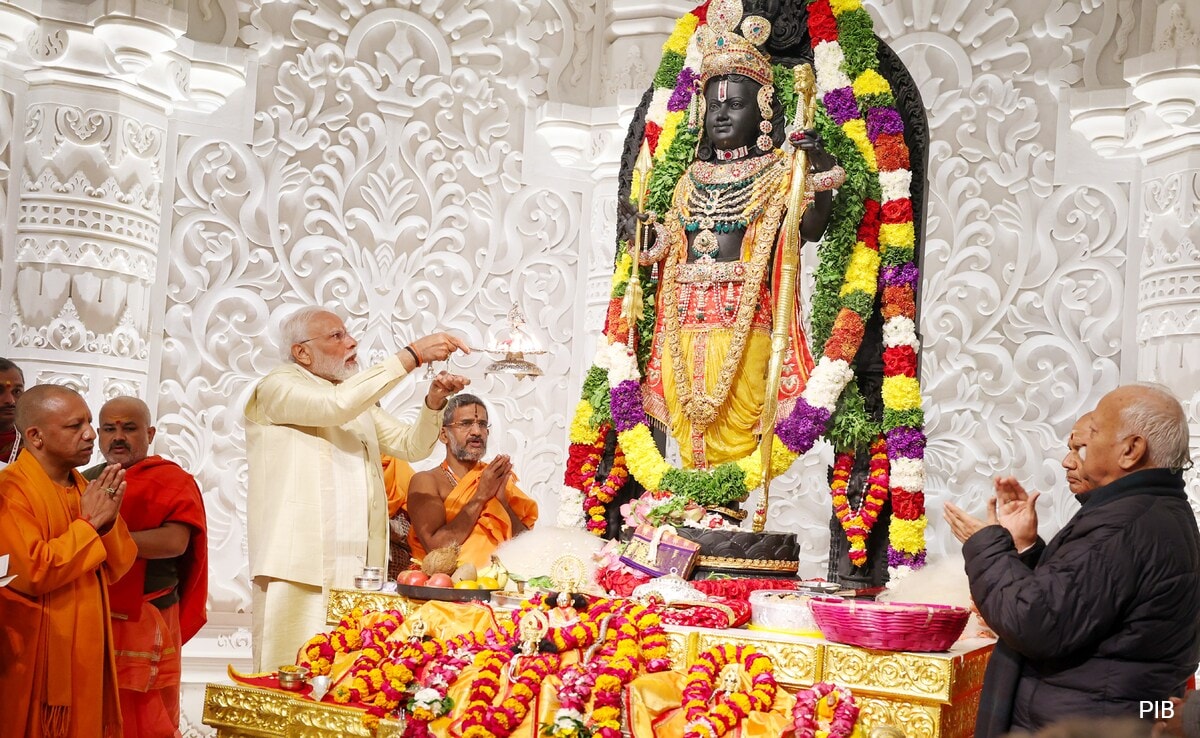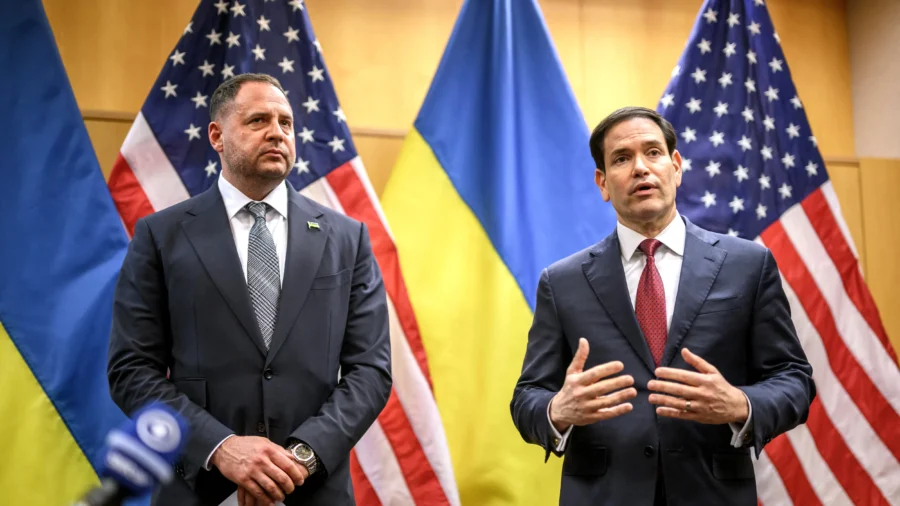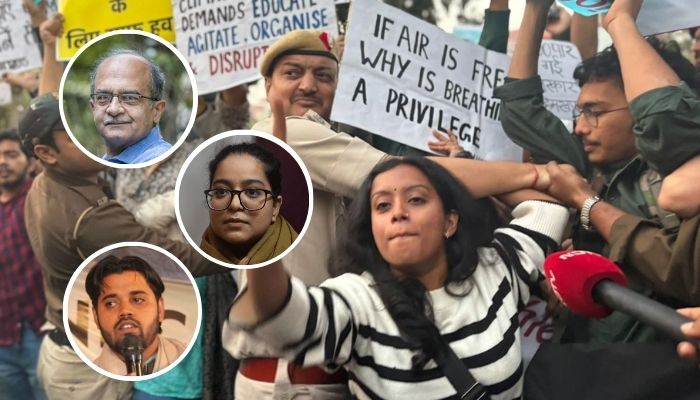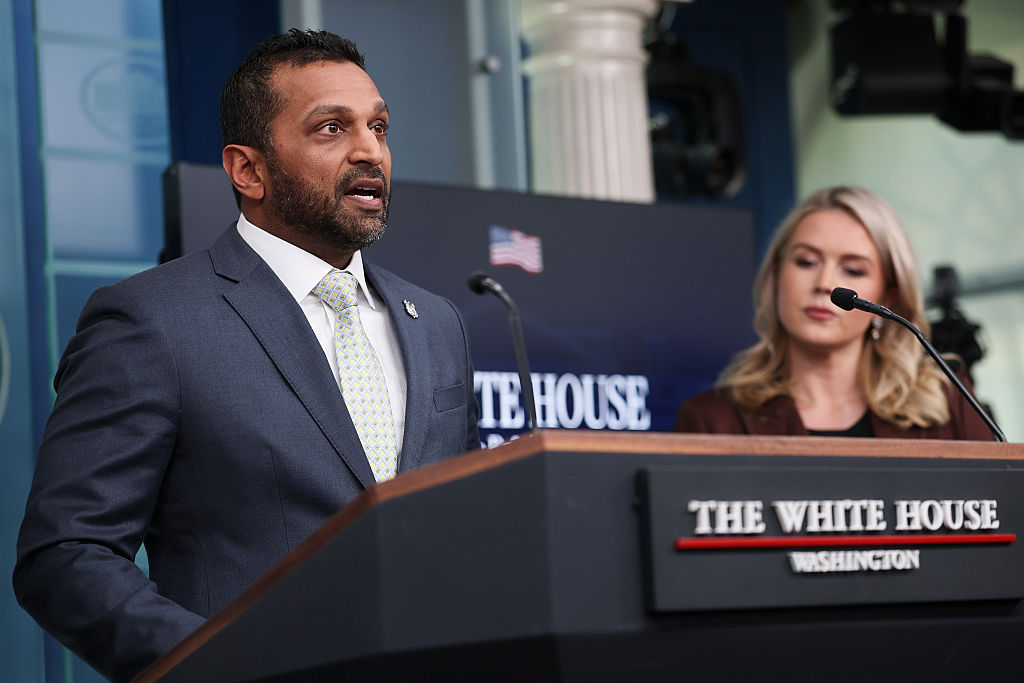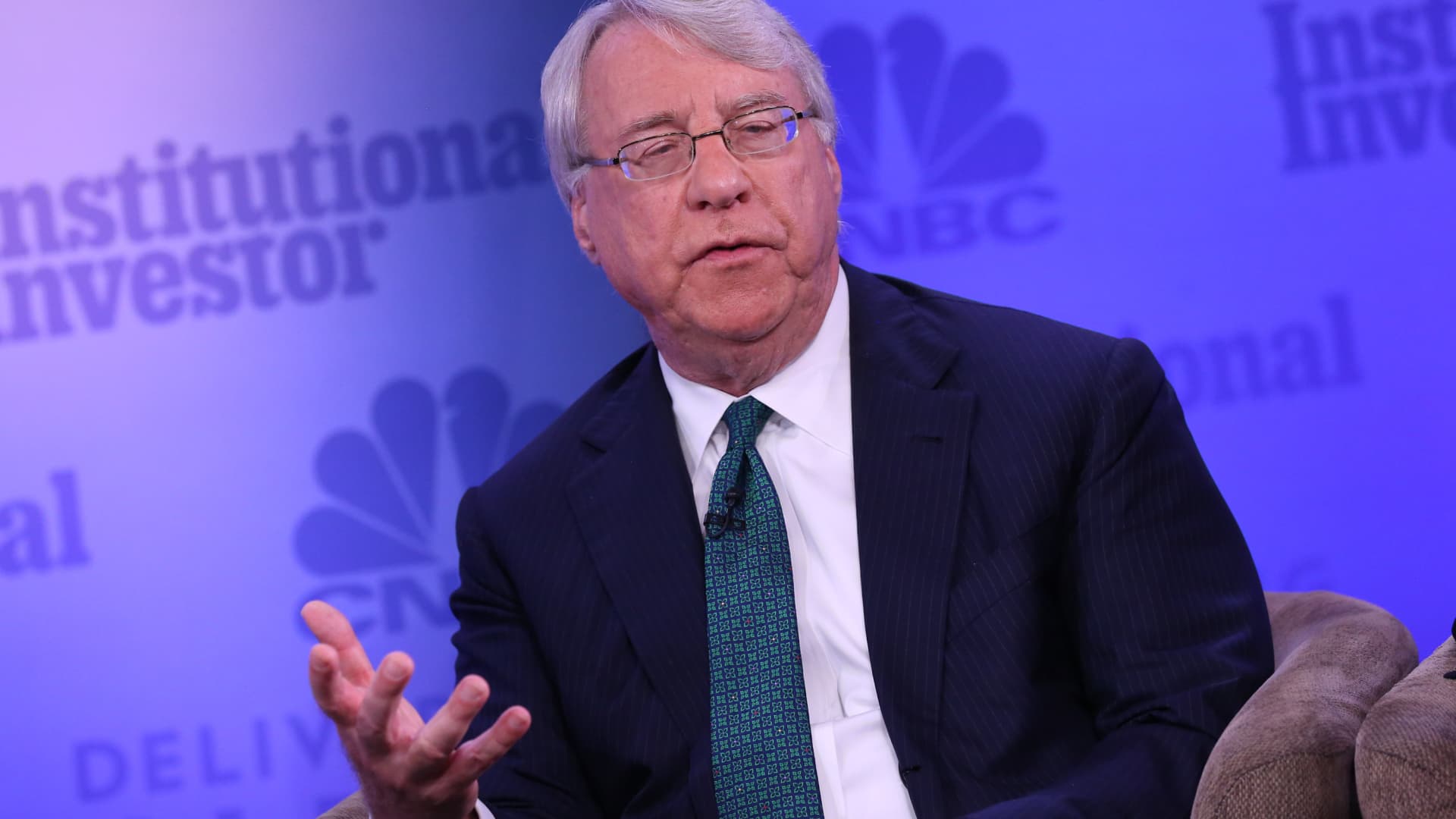‘Sindh will always be part of India’: Rajnath Singh’s remarks affirm that political borders cannot alter civilisational and historical truths
India’s Defence Minister Rajnath Singh sparked a political debate on Sunday (23rd November) with his remarks about Sindh, the region that today lies inside Pakistan. Speaking at an event organised by the Sindhi community, he said that while Sindh may not be a part of India at the moment, “civilisationally, Sindh will always be a part of India,” adding that borders are not permanent and “may change in the future.” His comments immediately drew sharp criticism from Pakistan, which condemned the statement as “delusional” and “dangerously revisionist.” During his speech, Singh referred to a quote by veteran BJP leader Lal Krishna Advani, who had written about how Sindhi Hindus of his generation still felt the pain of losing Sindh during the Partition. Singh said that the Sindhi people have always shared a deep emotional and cultural connection with the Indus River, explaining that for Hindus, the river has been sacred for thousands of years. He added that even many Muslims in Sindh once considered the waters of the Indus to be as holy for them as Aab-e-Zamzam in Mecca. #WATCH | Delhi: Defence Minister Rajnath Singh says, "…Today, the land of Sindh may not be a part of India, but civilisationally, Sindh will always be a part of India. And as far as land is concerned, borders can change. Who knows, tomorrow Sindh may return to India again…"… pic.twitter.com/9Wp1zorTMt— ANI (@ANI) November 23, 2025 He repeated the same thought twice during his address, saying, “Today, the land of Sindh may not be a part of India, but civilisationally it will always remain Indian. And as far as land is concerned, borders can change. Who knows, someday Sindh may return to India again.” He also emphasised that people who revere the Sindhu River are “our own,” and will always remain connected to India, no matter where they live. Pakistan rattled at Rajnath Singh’s remarks Pakistan reacted immediately on Monday (24th November), issuing a strong condemnation through its Foreign Ministry. Islamabad, rattled by Singh’s remarks, described them as “delusional” and accused India of promoting an “expansionist Hindutva mindset” that threatens regional peace. The Pakistan government grumbled that his words violated international law, crossed diplomatic boundaries, and challenged the sovereignty of recognised borders. In its official statement, Pakistan warned New Delhi against making provocative remarks. It said Indian leaders must refrain from issuing comments that could increase tensions in an already sensitive region. The statement further insisted that instead of making such claims, India should focus on addressing internal issues and ensuring the safety of its minority communities. PR No.3⃣4⃣8⃣/2⃣0⃣2⃣5⃣Pakistan Strongly Condemns Indian Defense Minister Rajnath Singh's Remarks About Pakistan’s Sindh Province https://t.co/wdeTkEg3xY pic.twitter.com/qeXY0JmXgj— Ministry of Foreign Affairs – Pakistan (@ForeignOfficePk) November 23, 2025 Pakistan’s Foreign Ministry also used the opportunity to rake up other political issues. It held forth that India must hold accountable those involved in violence against minorities and should work towards correcting what it called “faith-based prejudice” and “historical distortions”, even though Pakistan’s own record of protecting minorities has been awful. The press release went on to mention the grievances of India’s northeastern states and claimed that several communities there face “systematic marginalisation and identity-based persecution.” Islamabad also linked the issue to Kashmir, urging India to take “credible steps” to resolve the dispute in accordance with UN resolutions. The press release concluded by stating that Pakistan would continue to protect its security, sovereignty, and national independence, and is committed to resolving all disputes peacefully, but only based on justice and international law. Sindh’s deep civilisational link with India Sindh is not just a geographical region; it is a major part of India’s ancient civilisational roots. The Indus River, or the Sindhu, flows through this land and has shaped the culture, agriculture, and early settlements of the entire region. For thousands of years, communities living along the Sindhu developed some of the world’s earliest urban cultures. Many of India’s oldest stories, spiritual traditions, and cultural practices originated in the region that we today call Sindh. From the Indus Valley Civilisation to the epics, the land has remained closely tied to India’s consciousness. India’s connection with Sindh is geographical, linguistic, cultural, mythological, and historical. The region was once a key part of ancient Bharatvarsha, and its name appears in several old Indian texts. Even our national anthem continues to include “Sindh,” showing the deep roots that the region holds in India’s identity. The name ‘Sindh’ and its link to the Sindhu (Indus) river The word “Sindh” comes from the ancient Sansk
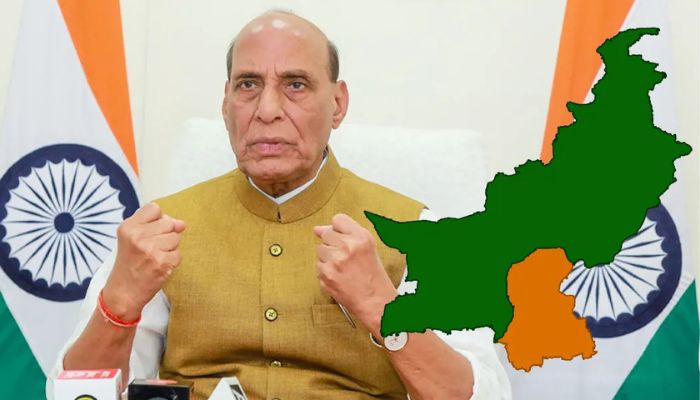


India’s Defence Minister Rajnath Singh sparked a political debate on Sunday (23rd November) with his remarks about Sindh, the region that today lies inside Pakistan. Speaking at an event organised by the Sindhi community, he said that while Sindh may not be a part of India at the moment, “civilisationally, Sindh will always be a part of India,” adding that borders are not permanent and “may change in the future.” His comments immediately drew sharp criticism from Pakistan, which condemned the statement as “delusional” and “dangerously revisionist.”
During his speech, Singh referred to a quote by veteran BJP leader Lal Krishna Advani, who had written about how Sindhi Hindus of his generation still felt the pain of losing Sindh during the Partition. Singh said that the Sindhi people have always shared a deep emotional and cultural connection with the Indus River, explaining that for Hindus, the river has been sacred for thousands of years. He added that even many Muslims in Sindh once considered the waters of the Indus to be as holy for them as Aab-e-Zamzam in Mecca.
#WATCH | Delhi: Defence Minister Rajnath Singh says, "…Today, the land of Sindh may not be a part of India, but civilisationally, Sindh will always be a part of India. And as far as land is concerned, borders can change. Who knows, tomorrow Sindh may return to India again…"… pic.twitter.com/9Wp1zorTMt
— ANI (@ANI) November 23, 2025
He repeated the same thought twice during his address, saying, “Today, the land of Sindh may not be a part of India, but civilisationally it will always remain Indian. And as far as land is concerned, borders can change. Who knows, someday Sindh may return to India again.” He also emphasised that people who revere the Sindhu River are “our own,” and will always remain connected to India, no matter where they live.
Pakistan rattled at Rajnath Singh’s remarks
Pakistan reacted immediately on Monday (24th November), issuing a strong condemnation through its Foreign Ministry. Islamabad, rattled by Singh’s remarks, described them as “delusional” and accused India of promoting an “expansionist Hindutva mindset” that threatens regional peace. The Pakistan government grumbled that his words violated international law, crossed diplomatic boundaries, and challenged the sovereignty of recognised borders.
In its official statement, Pakistan warned New Delhi against making provocative remarks. It said Indian leaders must refrain from issuing comments that could increase tensions in an already sensitive region. The statement further insisted that instead of making such claims, India should focus on addressing internal issues and ensuring the safety of its minority communities.


